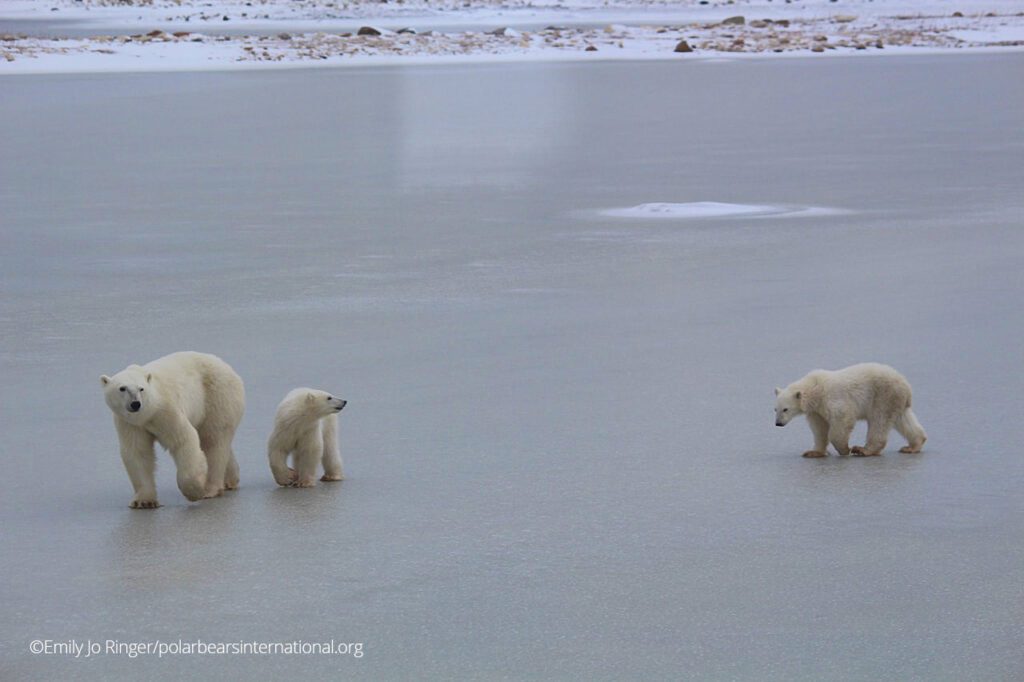February 14, 2020
Seneca Park Zoo is committed to inspiring people to connect with, care for, and conserve wildlife and wild places because we believe that it is our responsibility to restore and protect nature. As an Arctic Ambassador Center for Polar Bears International, we share the story of how climate change is affecting the Arctic and polar bears. This February, we have also partnered with the Rochester Americans for the third annual Defend the Ice month, and we hope you will join us in the fight to protect polar bears and their Arctic habitat
Last year, I was able to visit Churchill, Manitoba as part of Polar Bear International’s Climate Alliance Program. Churchill is known as the polar bear capital of the world because the bears migrate past or through town each fall as they wait for the sea ice in the Hudson Bay to form. Polar bears depend on the sea ice to catch seals, their primary food source. Although the bears swim, they are not agile enough to catch seals while in the water, so they sit on the sea ice waiting for the seals to appear at air holes. Unfortunately, Arctic sea ice is decreasing due to climate change.
When we burn fossil fuels for energy, we add more carbon dioxide into the atmosphere. This buildup acts like a blanket that traps heat around the world, which disrupts the climate. Since the Industrial Revolution, the climate has been warming, and unpredictable temperature fluctuations have increased from year to year.
This warming affects temperatures and the ocean, which controls the circulation of heat and moisture throughout the climate system just like a heart circulates blood and regulates the body’s temperature. This means that climate change is affecting our weather patterns and resulting in a shorter sea ice season in the Hudson Bay. The polar bears, therefore, have less time in the year to hunt, and scientists are seeing a decrease in polar bear body size.
Together, we can make a difference. Join us in talking about climate change and supporting cooperative programs that reduce the use of fossil fuels. By making small, practical changes now, we can protect the Arctic, polar bears, and our environment for future generations.
– Kelly Ulrich, Director of Education and Visitor Studies
Learn more








